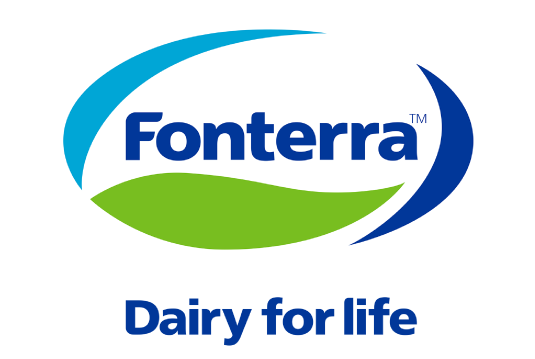2025 Milestones
- 100% of Fonterra’s New Zealand Farms to have Farm Environment Plans.
- Zero deforestation commitment across primary sector deforestation linked commodities by December 2025 in line with SBTi’s FLAG.
- 40% reduction in number of sites that use coal as a fuel source by the end of 2024.
- Supporting farmers to reduce agricultural emissions.
- Publication of first mandatory Climate-related Disclosure Report.


